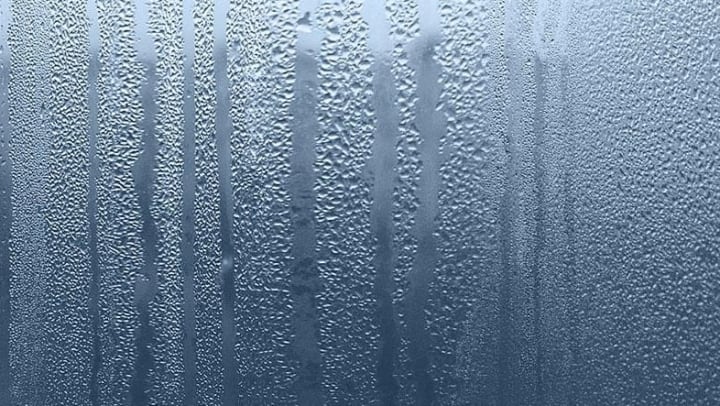It might be obvious to some that different weather can affect different health conditions. You may feel pressure in the sinuses when it rains. Or when it suddenly gets cold, your joints and bones start to ache. But it’s important to note there are other health conditions that are affected by changes in weather more common this time of year: humidity.
Research has shown that a rise in humidity, and humid weather, can increase health risks for people with high blood pressure and heart disease.
Why?
When it’s hot and humid outside, the heart has to work harder to pump blood efficiently throughout the body. In fact, the body might have to circulate twice as much blood in this type of weather.
Seniors are at a higher risk, experts say, when the temperature outside is higher than 70 degrees and the humidity is 70% or higher.
Although our bodies utilize sweating to cool the body down, it is much more difficult to cool down our internal temperatures when the air is humid and hot. Plus, excessive sweating can cause dehydration, which can further increase the strain on the heart. This combination puts a senior with heart disease and high blood pressure at greater risk.
What should one do?
There are a few preventative measures that caregivers and seniors should implement to help aid any potential risks if they’re in a hot and humid environment.
1. What you take in
Staying hydrated with plenty of water and water-dense foods, like berries, tomatoes, melons, celery, and leafy greens, will help reduce any chance of dehydration. Ensuring that the body has enough electrolytes is helpful for sustaining that hydration, adding fresh lemon, lime, or orange to your water is a great addition.
Not only is it important to eat water-dense foods, but eating other healthy and clean foods help the body run most efficiently. Alcohol and caffeine should be avoided, as they are a diuretic and will only further dehydrate the body and increase risk.
2. When you go out
Hot and humid environments still hit a midday peak for heat. Staying indoors during the hottest hours of the day, usually between noon and 4:00 or 5:00pm, will help reduce any chance of overheating or dehydration. Plan your days for morning and late evening outdoor activities, and try to stay in the cool air during the hot hours.
Although it may seem contradictory, covering up can help, too. This means wearing light-weight, breathable long sleeves, and wide-brimmed hats can help keep the body cool. You’re essentially taking that cool shade you find outdoors in hot weather under trees and roofs with you wherever you go. But again, schedule to avoid the midday heat.
If you are a caregiver for a senior, it’s important to be able to recognize the warning signs of heat and humidity-related illnesses.
1. Headache
2. Lethargy
3. Confusion
4. Dizziness
5. Rapid pulse
6. Fatigue
7. Nausea
8. Excessive sweating
9. Inability to sweat
10. Cold, clammy skin
11. Muscle cramps
12. Swelling in hands or feet
If someone is exhibiting a few of these symptoms, don’t hesitate to seek medical help. Call 911.
Living in environments that are mild temperature almost year round is most ideal for seniors living with heart disease or high blood pressure, but not always accessible or possible. As a caregiver, be sure to understand how the environment of your loved one could impact their health.




